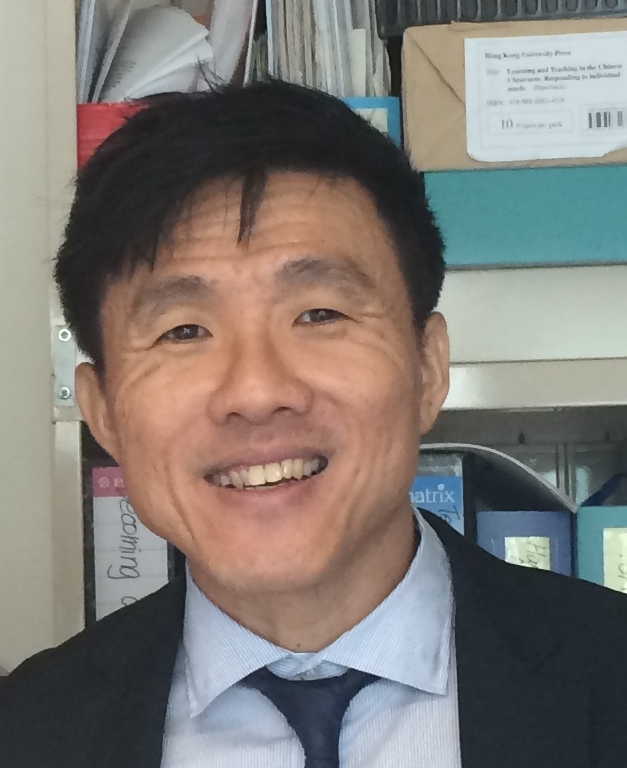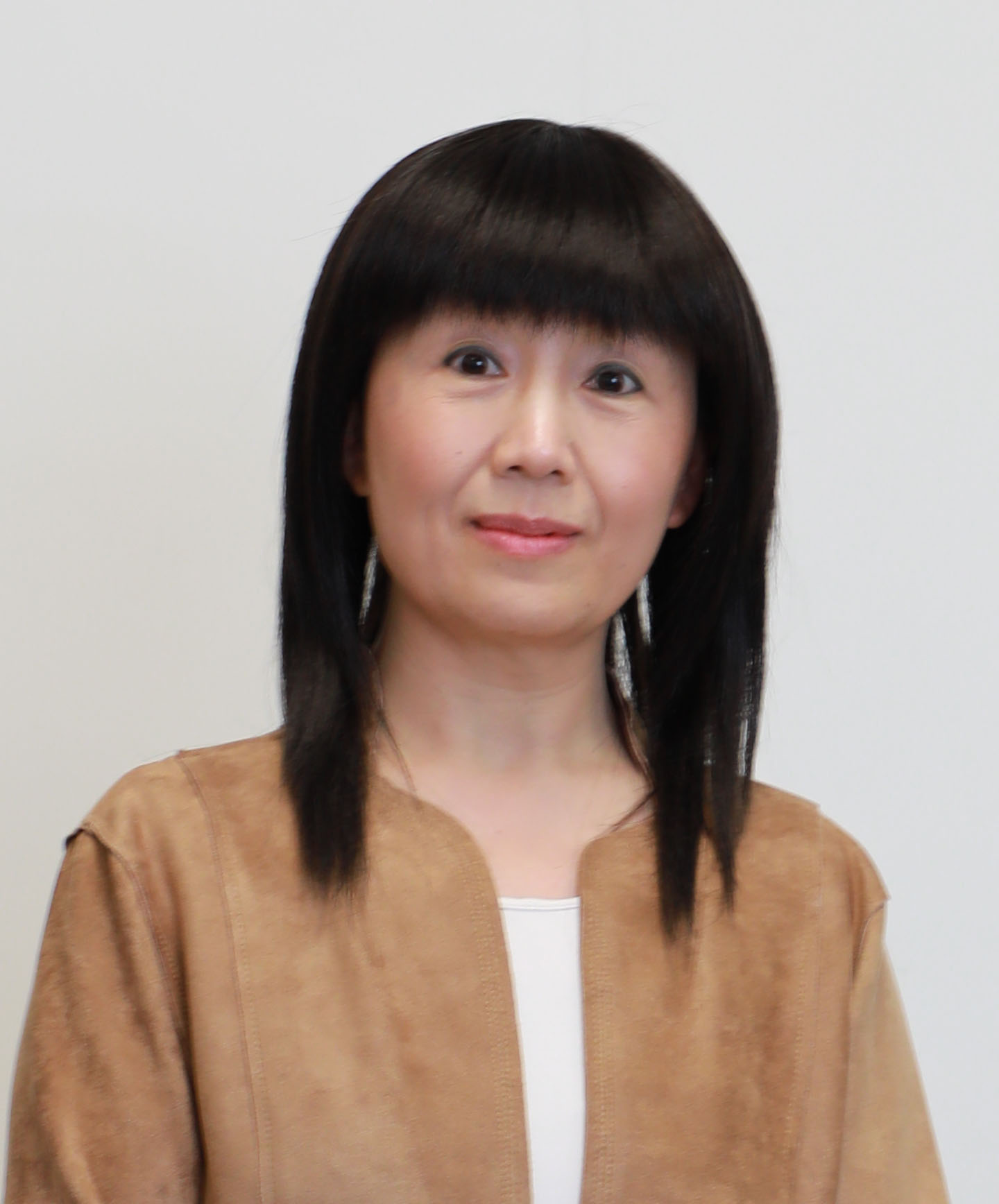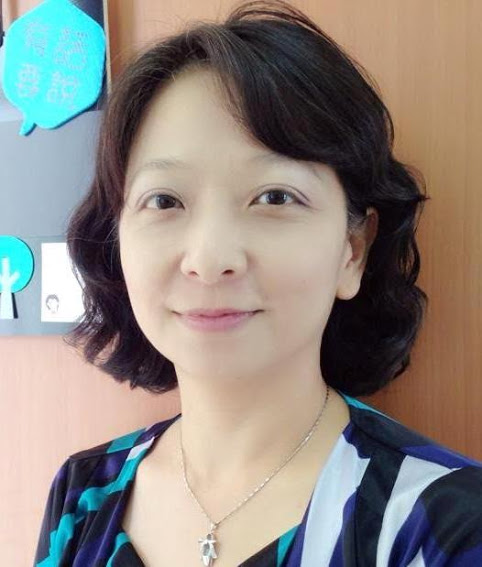:::ICCE 2018
Keynote Speakers
C1: ICCE Conference on Artificial Intelligence in Education/Intelligent Tutoring System(AIED/ITS) and Adaptive Learning |
|
 |
Benedict DU BOULAY, University of Sussex, USA |
|
Title of Speech: Artificial Intelligence in Education – the next 10 years |
|
|
Abstract: Artificial Intelligence plays two main roles in Education. First is in its provision of a wide variety of techniques that underpin various kinds of learning environment, including intelligent tutoring systems. These techniques enable the modelling of the domain of learning itself and of the learner’s fine-grained progress in developing the skills and understanding in that domain. These techniques also enable the system to conduct a dialogue (in the most general sense of that word) with the learner through an interface, and model and execute a pedagogic strategy and tactics that can drive forward a productive interaction between learner and system. The second main role of Artificial Intelligence in Education is in the provision of techniques to search for patterns in learner data of many kinds to help develop our understanding of learning itself, of effective and ineffective teaching strategies and tactics, as well as detecting learning and teaching issues with specific systems. Over the last few years a number of meta-analyses and meta-reviews of AI in Education systems have revealed a generally positive story about the effectiveness of such systems as compared to more traditional classroom learning across a range of STEM domains. These reviews have also shown that the field is still some way from meeting the challenge of Bloom’s 2 sigma analysis of skilled, human, one-to-one mentoring. This talk will explore the current state of AI in Education and anticipate the next decade’s progress. It will focus on the broadening of learner modelling to include not just knowledge and skill, but also metacognition, affect and motivation. This broadening brings with it the need to develop the scope of pedagogic strategies and skills to include this extended sense of the learner as a whole person, and not just as a disembodied cognitive entity. Likewise, educational data-mining and learner analytics have similar opportunities to explore learner and teacher behaviour in a more rounded fashion. |
|
C2: ICCE Conference on Computer-supported Collaborative Learning (CSCL) and Learning Sciences |
|
 |
Shuchi GROVER, Edfinity, USA |
|
Title of Speech: Thinking about Computational Thinking and How Learning Sciences Can Shape Deeper Learning of Computer Science in Schools |
|
|
Abstract: As nations begin to scale computer science (CS) in primary and secondary school education, Computational Thinking (CT) and programming are being recognized as key 21st century skills. In the first part of her talk, Dr. Grover will reflect on CT, its evolution, meaning, relationship to programming, and vision for enriching learning of CS and other subjects. The second part of Dr. Grover’s talk will address the question: how and what can we draw from learning theory to help the next-generation of problem-solvers develop this emerging competency? Bridging learning theory, research, and practice, Dr. Grover will share how CT and CS curricula can leverage pedagogical ideas from the learning sciences as well as computing education research to design for deeper learning. Through varied examples drawn from research for curriculum design, pedagogy, and assessments that aim for deeper learning, Dr. Grover will synthesize learning principles that can serve to guide future designs for CT and CS teaching and learning. |
|
C7: ICCE Conference on Practice-driven Research, Teacher Professional Development and Policy of ICT in Education (PTP) |
|
 |
Cher Ping LIM, The Educational University of Hong Kong, Hong Kong |
|
Title of Speech: ICT-enabled Teacher Professional Development at Scale for Quality Access to Education |
|
|
Abstract: Teachers have a pivotal role in the learning environment to engage all students in their learning, support them to monitor and manage their own learning, and provide opportunities for them to enhance their learning outcomes. For teachers to provide students with such quality access to learning and develop students’ lifelong learning skills, they have to possess the competencies to carry out such a role. Continuous professional development of teachers ensures that teachers develop this set of competencies and are kept current with curriculum and assessment reforms; when such professional development opportunities are provided for teachers, Sustainable Development Goal (SDG) 4 (quality education for all) is more likely to be realized. However, there is a “massive global teacher shortage” that acts as a critical bottleneck to achieving SDG 4. The 2016 Global Education Monitoring report found that nearly one quarter of secondary school teachers in sub-Saharan Africa had no formal training. Furthermore, continuous teacher professional development for all teachers across the entire school system poses a challenge for many countries, especially developing ones with significant rural-urban and regional gaps, and limited resources. From the equity, quality and efficiency perspectives, Information and communication technologies (ICTs) have the potential to provide all teachers with cost-effective and quality access to continuous professional development. This presentation discusses the different models of ICT-enabled teacher professional development at scale (TPD@Scale) that have been developed and implemented in China, Colombia, India and the Philippines. It shows how ICT-enabled courses and resources are implemented to ensure consistency of quality and access for all teachers, irrespective of their location and circumstances. It also shows how ICT enables professional learning communities of teachers to network, share and collaborate across schools and regions, and hence, supporting one another as they apply what they have learnt to their practices and reflect on these practices to enhance the quality of their student learning. Therefore, ICT-enabled TPD@Scale is more likely to support school systems to realize SDG4. |
|
C3: ICCE Conference on Advanced Learning Technologies (ALT), Open Contents, and Standards |
|
 |
Antonija (Tanja) MITROVIC, University of Canterbury, New Zealand |
|
Title of Speech: Towards Personalized Support for Learning Transferable Skills via Active Video Watching |
|
|
Abstract: Intelligent Tutoring Systems and other adaptive learning systems have been shown to provide significant improvement in learning effectiveness in many formal instructional domains. Much less research has been done on supporting training of transferable (a.k.a. soft) skills. In this talk, I will present the research our team has done on providing personalized support for training of presentation skills. Transferable skills are difficult to teach in classrooms, as they are time consuming and it is difficult to collect evidence of learning. Such skills require the learner to appreciate other points of views, and to contextualize learning in their own experience. We implemented the AVW-Space platform, which supports learning from videos supported via micro-scaffolds for reflection during note-taking. Our initial studies showed significant improvements in conceptual understanding of presentation skills for students who watched and comments on videos, and also rated comments written by others. However, other behaviours, such as passive watching of videos, did not result in learning. Using various forms of learning analytics, we identified important differences between students exhibiting various learning behaviours, which allowed us to formulate requirements for adding intelligence to AVW-Space. I will also present the results of a study we are currently conducting, with the version of AVW-Space enhanced with interactive visualizations and personalized nudges. |
|
Invited Speakers
C4: ICCE Conference on Classroom, Ubiquitous and Mobile Technologies Enhanced Learning (CUMTEL) |
|
 |
Yanjie SONG, The Education University of Hong Kong, Hong Kong |
|
Title of Speech: Design, implement and orchestrate mobile and seamless learning in school education: A pedagogical perspective |
|
|
Abstract: Mobile and seamless learning has been trialed and practiced over a decade in school education. Despite that positive findings have been reported, the majority of studies have not been grounded in pedagogical principles and have not been designed with explicit pedagogical approaches (e.g., Bano et al., 2018; Zydney & Warner, 2016). In addition, researches on class orchestration have been on the rise (e.g., Dillenbourg, et.al. 2011; Prieto et al. 2018; Schwarz et al., 2018). However, in many cases, studies on class orchestration have been focused more on making use of digital technologies or objects to help manage in-class learning activities, less on pedagogical use of technologies for class orchestration across different settings. Hence, this talk aims at addressing how to design, implement and orchestrate mobile and seamless learning from a pedagogical perspective, taking a few studies as examples. It is expected that the sharing can help highlight the importance of pedagogies in the design, enactment and orchestration of mobile and seamless learning in school education. |
|
C5: ICCE Conference on Digital Game and Digital Toy Enhanced Learning and Society (GTEL&S) |
|
 |
Ju-Ling SHIH, National University of Tainan, Taiwan |
|
Title of Speech: STEAMing the ships for the Great Voyage—The innovative design and practice of an interdisciplinary education |
|
|
Abstract: In this talk, I will introduce |
|
C6: ICCE Conference on Technology Enhanced Language Learning (TELL) |
|
 |
Vivian Wen-Chi WU, Asia University, Taiwan |
|
Title of Speech: Creating a Technology-Rich English Language Learning Environment to Enhance Language Learning and Teaching |
|
|
Abstract: Nowadays, the use of technology to assist second or foreign language learners is much in demand by students, but many language teachers are not sure “where” and “how” to start in incorporating technology. Their own teachers in years past did not use technology and they feel less sophisticated than their students in simply understanding today’s technology potential. In addition, these teachers feel outside their “comfort zones” when they encounter terminology such as Computer Assisted Language Learning (CALL), Mobile Assisted Language Learning (MALL), and Technology Enhanced Language Learning (TELL). Moreover, most academic literature about using technology for English language teaching reports on experimental one-time tests and provides little guidance on how technology can be incorporated into the curriculum over the long term (Chwo et al., 2016). In my talk, I will first present a theoretical framework for how and why technology can actually enhance language learning. Then I will provide a step-by-step process for making decisions about technology use. Teachers must understand outcome goals for the class or curriculum, identify learning activities that allow students to achieve those outcomes, and only then select one or more technology platforms that can deliver those learning activities via task-based assignments. Evaluation of each potential technology should be based on the affordances of the technology. Best practices and examples will also be provided in my talk. In addition, I will also address how technology fits in with the overall language-learning environment, including the physical environment, the social/cultural environment, the instructional environment, and the assessment environment. This presentation uses accessible language and is based on the assumption that audience is teachers who do not currently make extensive use of technology but intend to do so in their language classrooms in the future. |
|
